TNE secures grant funding for regional product development
TNE has secured $640k in grant funding to deliver an exciting new range of tourism projects for the High Country. This includes:
- North East Victoria Cycling Optimisation Master Plan
The High Country aspires to be recognised as the lead cycle tourism destination in Victoria. In order to realise this vision, TNE will work in conjunction with Regional Development Victoria to develop a master plan that will optimise cycling opportunities in North East Victoria - taking into account infrastructure investment, marketing and private sector involvement across the region’s rail trail, mountain bike and road cycling offering.
- Hume Aboriginal Cultural Trail
This project will scope and establish a business case for the development of a connected network of significant Aboriginal cultural tourism products and experiences across the Hume region, with a view to creating a meaningful and authentic offering that engages domestic and international visitors. The business case will then be used to seek public and private sector investment in the project’s recommendations.
- Ned Kelly Alive
The Ned Kelly Alive project is looking at revitalising and reimagining the Kelly tourism experience offered across the region, breathing new life into existing products as well as creating new cohesive visitor experiences with fresh market appeal. This project will also involve the development of a business case that can be used to source funding for the implementation of its recommendations.
- Winery Tourism and Cellar Door Research
This is a research and development project that will deliver insights into the winery tourism and cellar door sector that will be key in driving innovation in this sector. It involves a significant research piece, which will segment the market, identifying key consumer attitudes/perceptions of the High Country winery tourism offering, as well as looking at the trends that are currently impacting this industry. This will be followed by a range of industry development efforts to assist winery tourism operators in using these learnings to improve their operations, driving growth in this important sector.
Projects like these are seen as key to enhancing the High Country tourism offering so that it continues to appeal to a diverse market, maximising visitation and yield opportunities for the region.
Securing this level of grant funding amongst a competitive field is a significant win for Tourism North East and the various destinations that it represents, highlighting the benefits of working collaboratively.
